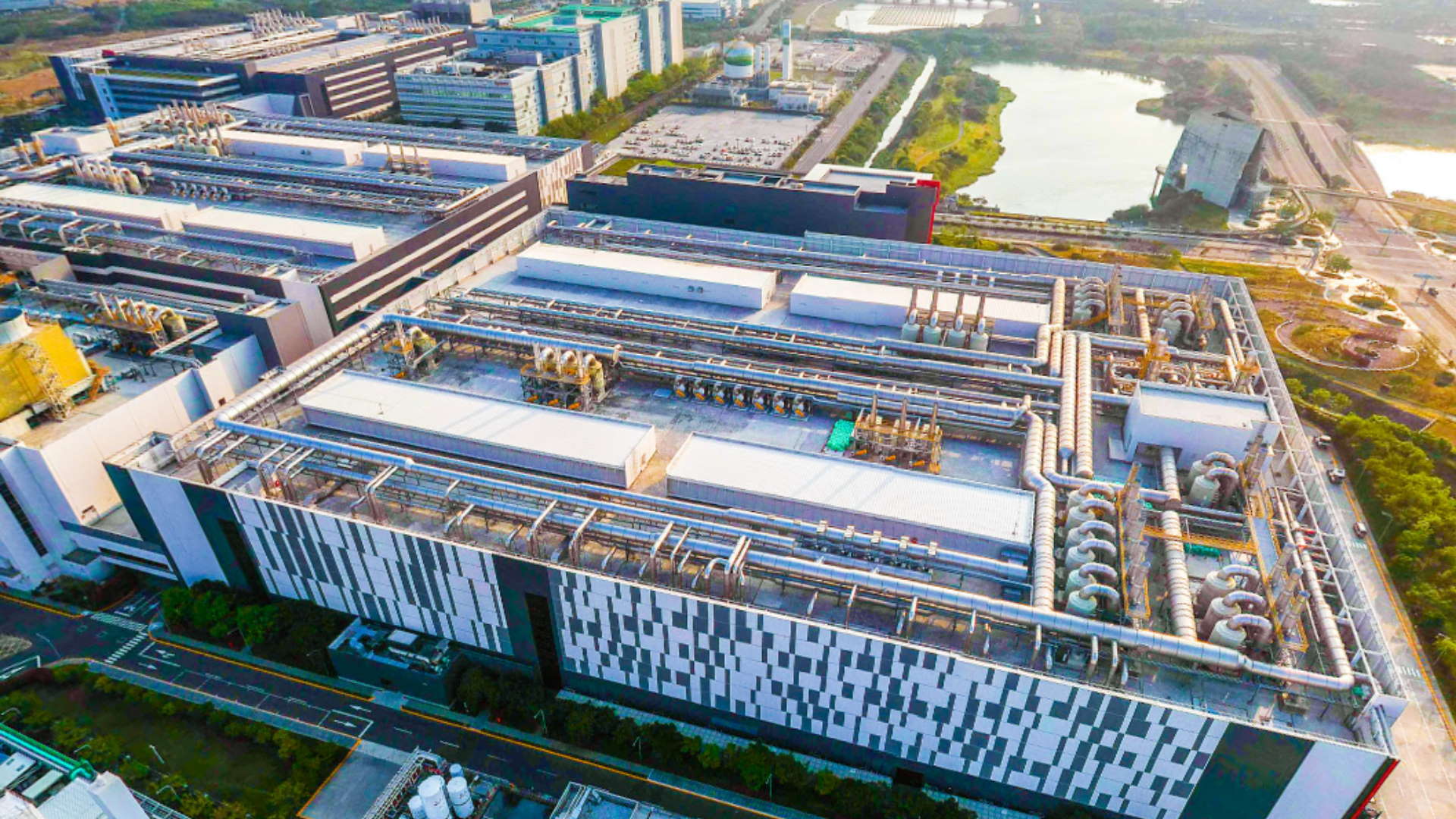
Back in April, we reported on the commencement of an investigation by the US government. Specifically, the goal of the probe was to look at the country's reliance on foreign semiconductor production and how such imports might affect national security. In a press conference after a meeting with President Trump and the EU held over the weekend, it was announced that the results of the investigation would be published within two weeks, suggesting that new or higher tariffs on imported chips are on the way, too.
News of the announcement was reported by Reuters, as part of its more comprehensive coverage of the new US-EU trade deal, where America will impose a 15% import tariff on most EU goods. While discussing the terms and nature of the deal in a press meeting, Commerce Secretary Howard Lutnick also announced that the results of the investigation into chip imports and national security would be released in two weeks.
Reuters also reports that Trump commented that there was the possibility of higher tariffs on semiconductors manufactured outside of the US. These have somewhat been exempt from import levies so far, but Trump has indicated in the past that this wouldn't remain the case indefinitely, something that Lutnick has also reiterated.
If it comes to pass that all semiconductor products manufactured outside of the US will incur an import tariff, then pretty much most components for a gaming PC will likely rise in price. That's because very few chips found inside your rig are fabricated in the US, even though the company selling them is American. AMD, Intel, Nvidia, and Micron are all US-based, of course, but the vast majority of the semiconductor products they sell are made in Taiwan, China, and other SE Asian countries.
The two largest manufacturers of chips, TSMC and Samsung, are both building new chip fabrication and packaging facilities in America, but they're not going to be ready for a few years. Until they're ready for the likes of AMD or Nvidia to use, the chips that they sell will still be made in another country, and even when the new production lines are up and running, they're only going to cover a fraction of America's enormous demand for chips.

It probably won't matter if the investigation determines that there is zero risk to national security, a verdict that I strongly suspect will not be the outcome, as any opportunity to add import tariffs is likely to be grasped with both hands when the industry it relates to is so highly profitable at the moment. Earlier this month, Nvidia reached a $4 trillion market cap, and while it does manufacture some of its complete products within the US, all of its chips are made in Taiwan.
Whatever the final outcome of the probe is, it probably means US-based PC enthusiasts will be paying more for their CPUs, graphics cards, RAM sticks, motherboards, PSUs, and so on. How much more is completely unknown at this point, but for the sake of the PC gaming industry, I hope that the new US-EU trade deal is considered the model to aim for, rather than one to blow out of the water.







